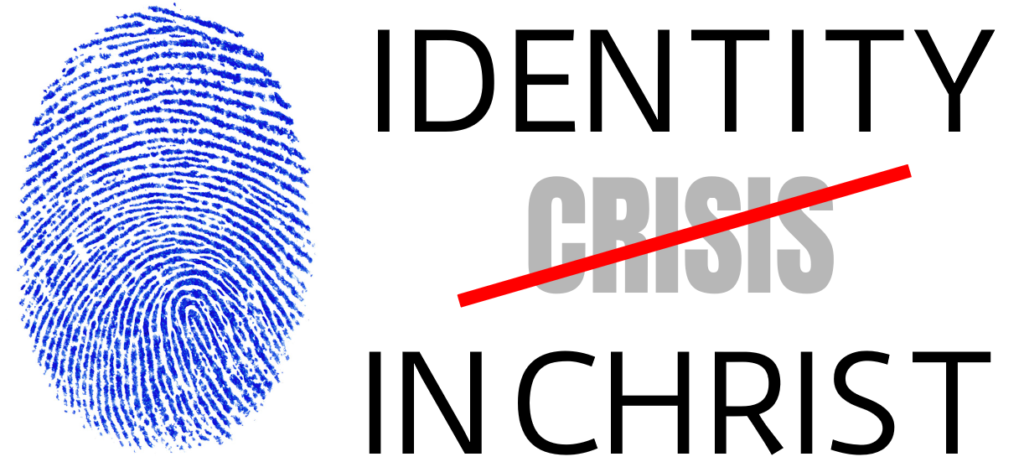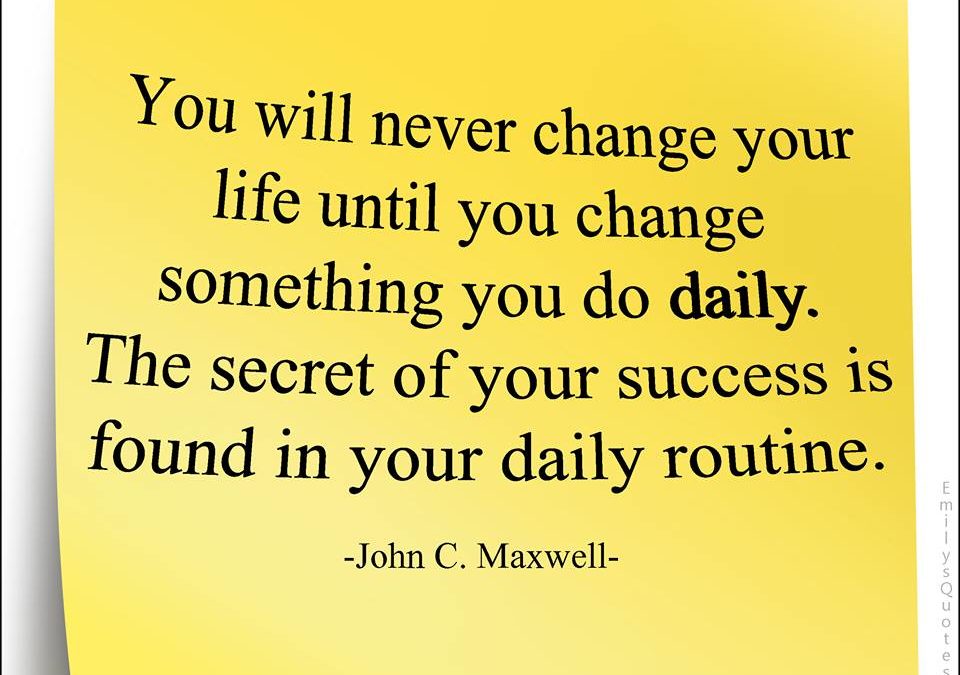In his book The 80/20 Principle, author Richard Koch writes, “The 80/20 Principle, like the truth, can make you free. You can work less. At the same time, you can earn more and enjoy more. The only price is that you need to do some serious 80/20 thinking.” The key is the last sentence in this quote, “…do some serious 80/20 thinking.
We’ve all been exposed to the 80/20 Principle at some point in our lives: The principle states, quite simply, that 20% of efforts lead to 80% of results. Whether you know it as the “Pareto Principle” or the “Principle of Least Effort,” it’s an incredibly powerful concept.
It was 1897 when Vilfredo Pareto, an Italian economist, was studying wealth and income distribution in 19th Century England. During the course of his studies, he discovered that the majority of land and income was controlled by a minority of the population.
In fact, 20% of the population controlled 80% of the wealth and income.
On further analysis, mythical lore says that he found that this principle held true not only in different countries and different time periods, but also in contexts such as his garden—where he discovered that 20% of his peapods yielded 80% of the peas that were harvested!
Since Vilfredo identified the trend, many researchers have been busy pointing out some additional modern applications.
Check these out:
20% of criminals account for 80% of crime
20% of motorists account for 80% of accidents
20% of your carpet probably gets 80% of the wear
20% of streets account for 80% of the traffic
Well, you get the idea! Here is a key take-away, “Things which matter most must never be at the mercy of things that matter least.” – Johann Wolfgang von Goethe. Author Richard koch states it this way, “The few things that work fantastically well should be identified, cultivated, nurtured, and multiplied.”He would go on to state that 20% of what we do leads to 80% of the results; but 80% of what we do leads to only 20%. In effect we are wasting 80% of our time on low-value outcomes!
The goal as we approach the conclusion of this year and prepare for 2019 is to calm down, work less and target a limited number of very valuable goals where the 80/20 principle will work for us. Start with an inventory of where you are and then move into journey. Remember the few things that work fantastically well should be identified, cultivated, nurtured, and multiplied for the new year that is just around the corner.









